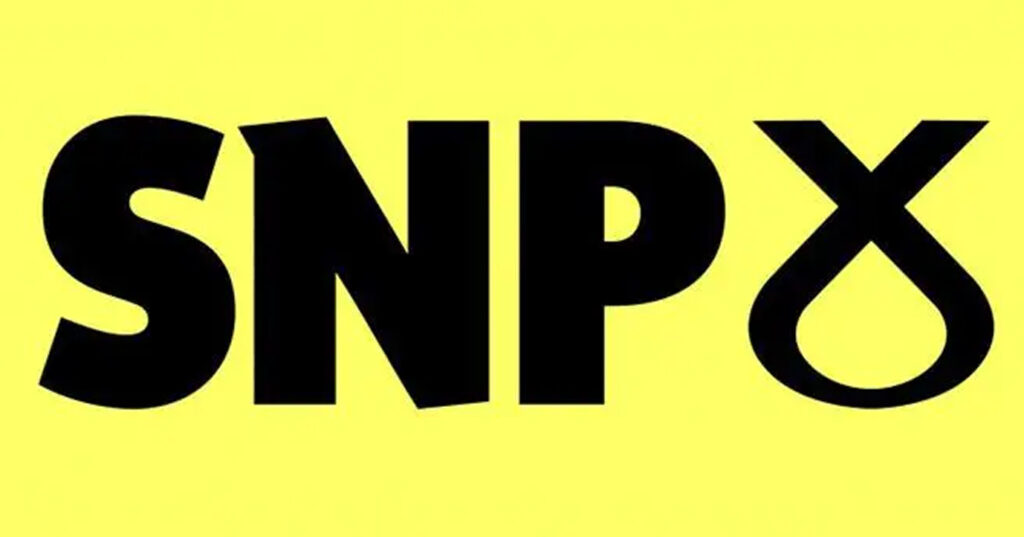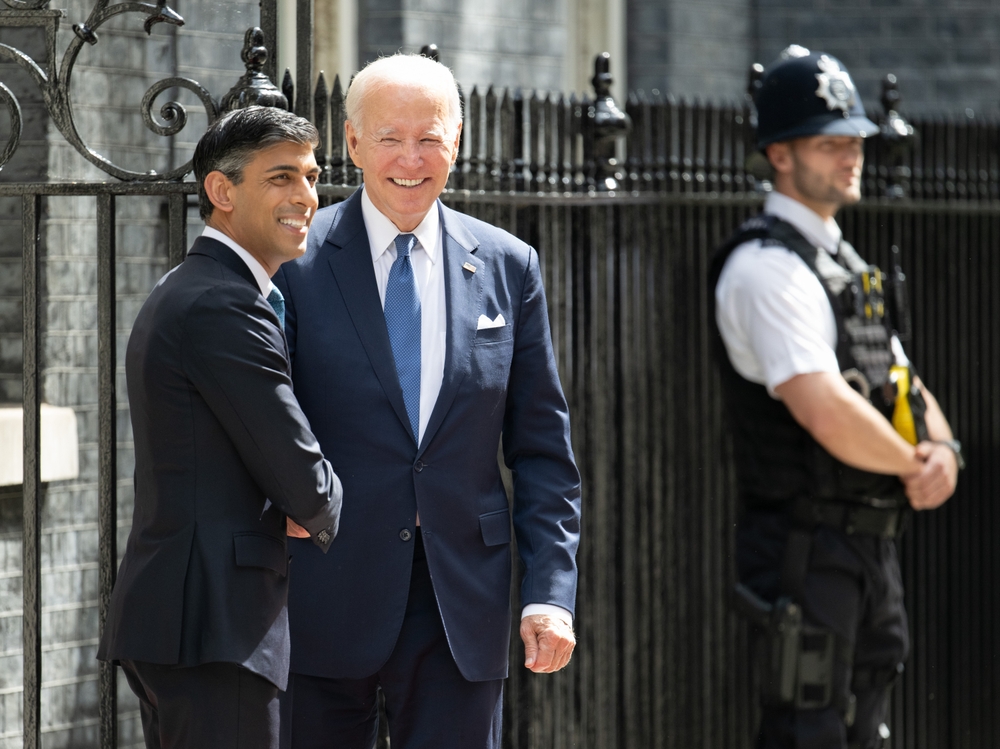
The reaction to my poll last week on Scottish attitudes to Trident has been fascinating, and telling. It is an article of faith for the SNP-CND axis that Scots are overwhelmingly and passionately opposed to nuclear weapons. My survey showing that most Scots want a replacement for Trident when it comes to the end of its useful life, and that more are in favour of the UK’s nuclear submarines continuing to be based in Scotland than are opposed, has therefore caused a bit of a flap.
I was rather touched by the reaction of the CND spokesman who said (and I am not making this up) that my findings must be wrong because they did not match the views of people who went to their street stalls and public meetings. He also reminded us that the results contradict CND’s own recent poll, which found a large majority in favour of not buying new nuclear weapons, though their question omitted to mention that the existing system is due to be decommissioned.
But you know you’ve touched a raw nerve when you start being denounced in the official annals. On Friday a Nationalist MSP from Glasgow, Bill Kidd, introduced a motion at Holyrood proposing:
“That the Parliament looks critically at the results of a new poll on support for nuclear weapons in Scotland commissioned by Lord Ashcroft; believes that the result stating that 51% of Scots want the Trident nuclear deterrent to be replaced is misguidedly being used to suggest that a majority of Scots support keeping nuclear weapons in Scotland; understands that the results of this poll were intended to challenge the findings of a recent poll commissioned by the Scottish Campaign for Nuclear Disarmament that showed a decisive 75% majority of the Scottish public is against both the cost and the reasoning behind the UK Government’s intention to keep all of its nuclear weapons stationed in Scotland; understands that, while Lord Ashcroft conducted the poll to supposedly show that “more than half of Scots are in favour of nuclear weapons”, the poll showed that only 37% of Scots believe so in principle, compared with 48% who do not; questions the integrity of a poll that, it understands, was privately paid for by a wealthy Tory backer; considers that Lord Ashcroft is spinning the results, and believes that he should stop doing so and accept what it considers the fact proven time and again that Scots want rid of nuclear weapons.”
Where to begin? I did not conduct the poll to “show that more than half of Scots are in favour of nuclear weapons”, but to find out whether opinion is as black and white as had been claimed; as I suspected, it is not. It is quite right that my survey found 48% saying they opposed the UK having nuclear weapons in principle, with 37% in favour – but this does not render invalid the answer to the next question, which asked what people wanted to happen in practice. My finding that 51% of Scots want a replacement for Trident, while only 34% would give up nuclear weapons completely, reflects the shift in opinion that often occurs between the ideal world and the real one. If most people really did want Britain to get rid of nuclear weapons when Trident is decommissioned, they could have said so.
It is amusing to see the SNP questioning the integrity of the research on the grounds that I paid for it. Curiously they did not express the same view in their press release highlighting my survey of marginal seats in March, which showed a number of potential SNP gains from the Lib Dems, or when they welcomed my “super poll” at the end of last year which gave the SNP a 6-point lead over Labour.
These days, most polls (including my own) are published in full, so anyone can look in detail to see whether a survey shows what it is reported to have shown, and compare findings that seem at first glance to contradict each other. This is a welcome development in understanding public opinion which can serve as a useful reality check for those astute enough to use it.
But the rush to dismiss or discredit inconvenient poll findings – to shoot the messenger – is a hallmark of a political movement that is going nowhere. In 2008 Ken Livingstone threatened to complain to the Market Research Society about a particular polling firm on the grounds that it kept publishing “implausible” surveys putting Boris Johnson ahead in the race for Mayor; we know how that story ends. Likewise my own party’s failure, for a decade or more from the mid-1990s, to come to terms with how the public saw it despite mounting evidence. More recent, and to me more surprising, was the insistence on the part of US Republicans last year that the published polls were wrong and Mitt Romney was on course to become president.
When someone asks the voters a sensible question it is worth studying the answer. But if the SNP wish to continue believing that most Scots are unilateralists, and that this will help to bring about an independent Scotland, they are of course welcome to do so.


